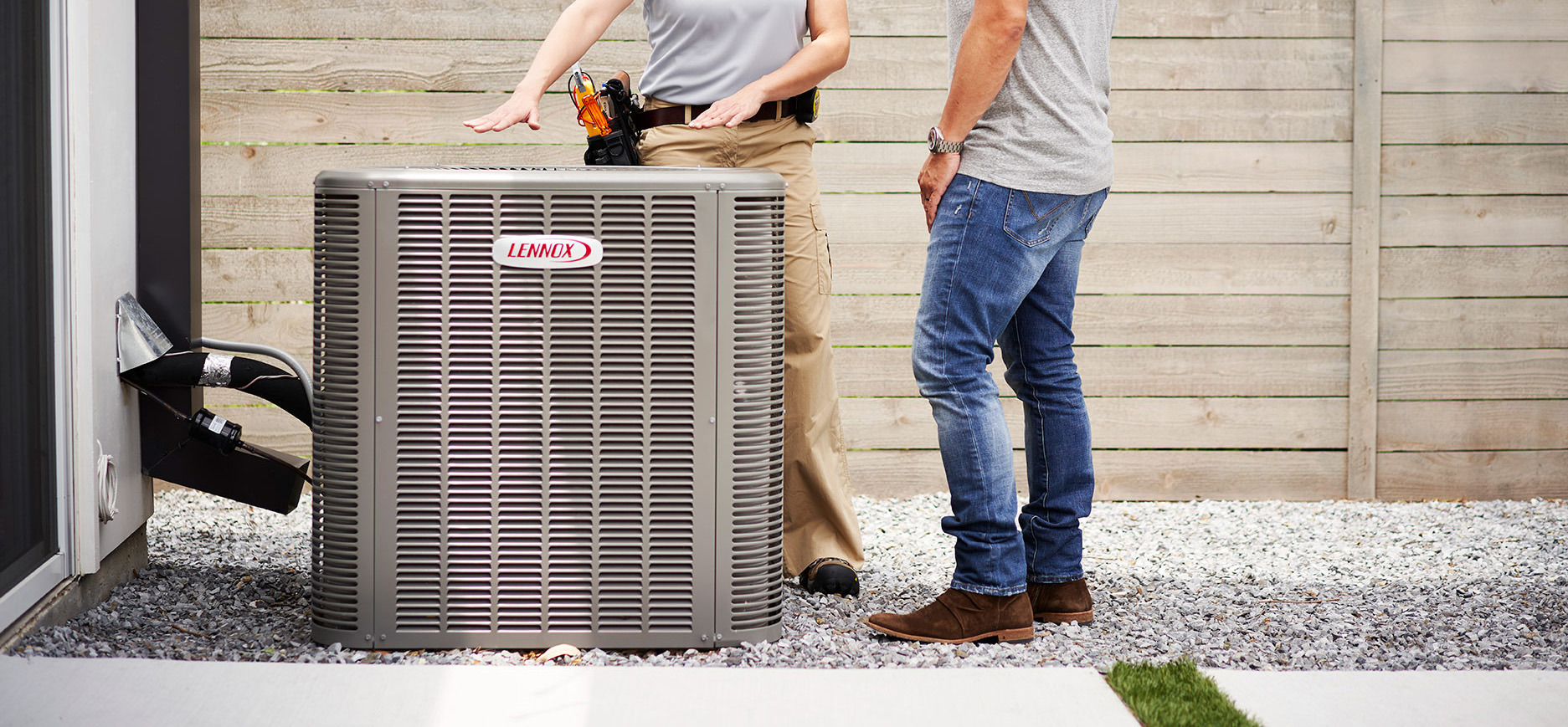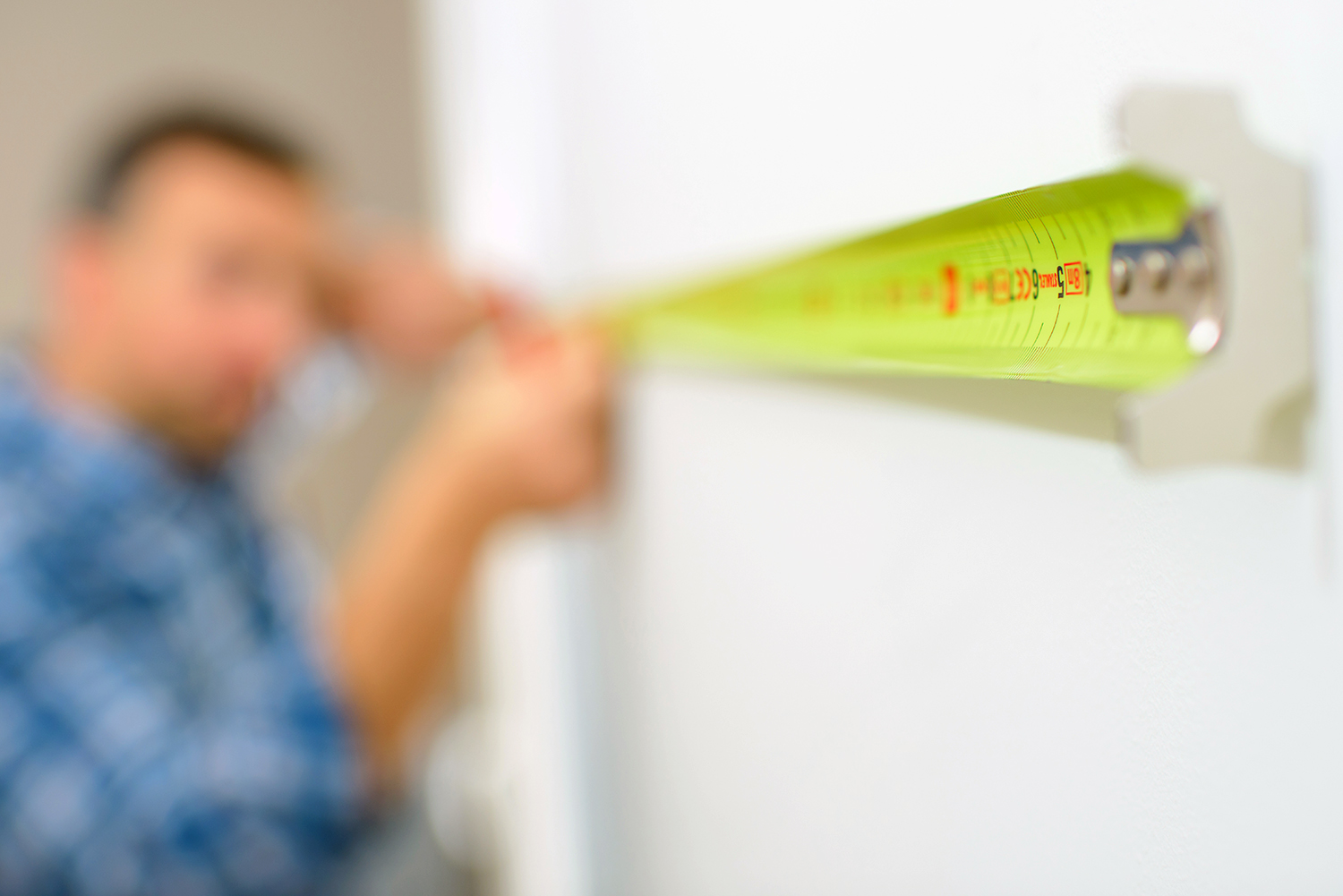Air Conditioning Installation & Replacement
in Shenandoah Valley, VA
How Much Does A New A/C Unit Cost To Install?
While replacing your HVAC system can be costly, the good news is that homeowners typically only have to purchase a new central air conditioning system once. Our experts are well-equipped to help you make the best decision for your home and family.
The cost of replacing your home’s HVAC system depends on a number of factors. We will consider things like the size of your home, quality of insulation, desired energy efficiency, and more to generate a quote that best suits your needs.
What Factors Determine A/C Installation Cost?
Square footage
The size of your home is the one of the major factors in determining which unit will be right for you. As you may expect, the larger the space that needs to be cooled, the more powerful and expensive the system that is needed. If you have a smaller home, the size of the unit needed and also the amount of labor that is required will be different than those with larger homes. This, in return, will determine the cost of installation.
Your home’s layout will also play into the HVAC system choice. For example, if you have a large, multi-level home, the option of installing two HVAC units may be the best choice—this will enable you to customize the temperature in different parts of your home while using less energy to keep it cool. Our knowledgeable installation experts at Mountain Valley Home Comfort will perform the necessary load calculations to help determine the best A/C system needed to cool your home.
SEER Ratings
The Seasonal Energy Efficiency Ratio (SEER) relates to how much energy, and money, an AC unit will use in operation over the course of one year. The United States Department of Energy (DOE) requires all new air conditioning units to meet minimum efficiency ratings identified by these SEER numbers. Many options go above and beyond those minimums.
Air conditioners on the market today range from 13 to 25 SEER. The higher the number, the more efficient the unit and the more potential savings on utility bills. The rating itself is determined through calculations of a unit’s average performance—the less energy used, the higher the SEER rating. How much you’ll actually save on your utility bills depends on the size and insulation of your home, how much you pay in kilowatt/hour for electricity, the SEER rating of the unit, and what it’s currently costing you to cool your home.
Type of Cooling System
Another factor that affects the energy efficiency and cost of a new system is whether it’s a single-stage, two-stage, or variable-stage system. A single-stage cooling system has one operative mode: on or off. When your indoor temperature rises above the desired level on the thermostat, the system begins to cool at 100% capacity and shuts off completely when the temperature is lowered. A two-stage cooling system functions more efficiently by rarely operating at full capacity—instead they typically run at approximately 80% capacity and for longer periods of time. This in turn uses less energy and helps keep your bills lower.
A variable-stage cooling system is the most energy efficient but also has the largest initial cost. This type of HVAC has multiple cooling levels and will pull the least amount of energy possible to cool your home. Because the unit automatically selects the best cooling variable to keep your space comfortable, no work is required for you with this type of system.
Current Ductwork
The condition of your current ductwork will also determine the costs involved in setting up your new HVAC system. There are many types of ductwork, but the most common is round. The purpose of ductwork is to carry the cold air from the outside unit and deliver it to the interior rooms of your home. If there are any holes or weak areas in your ductwork, cold air will escape into your attic and not allow it to fully reach your rooms at full capacity, cutting down on the efficiency of the system and increasing your utility bills.





